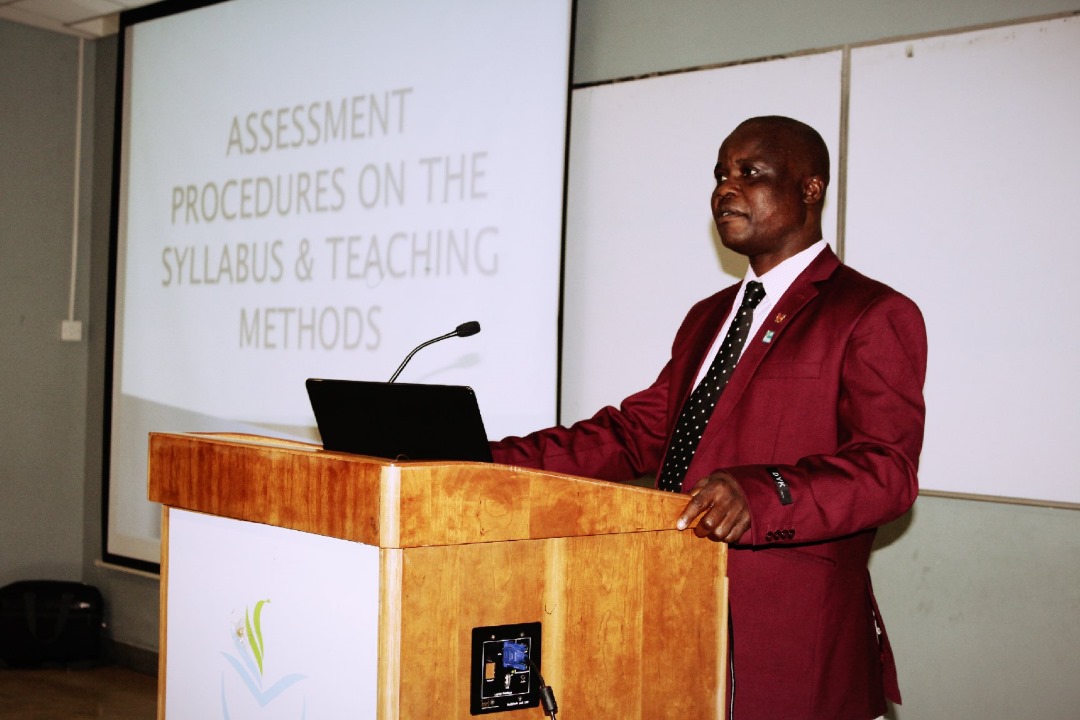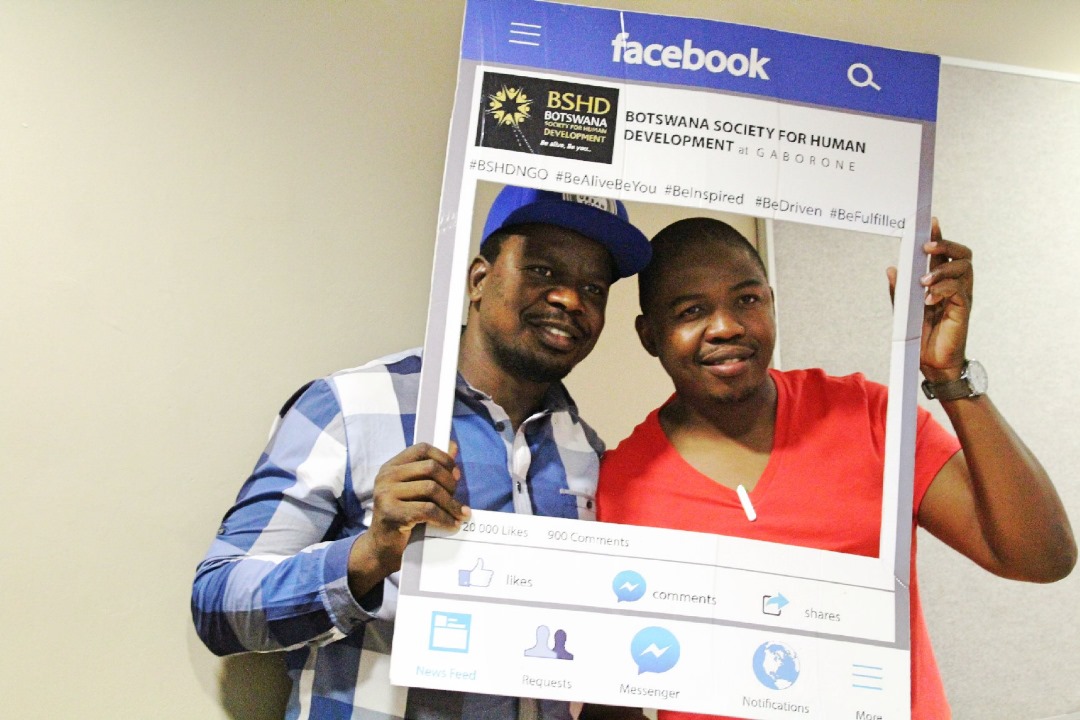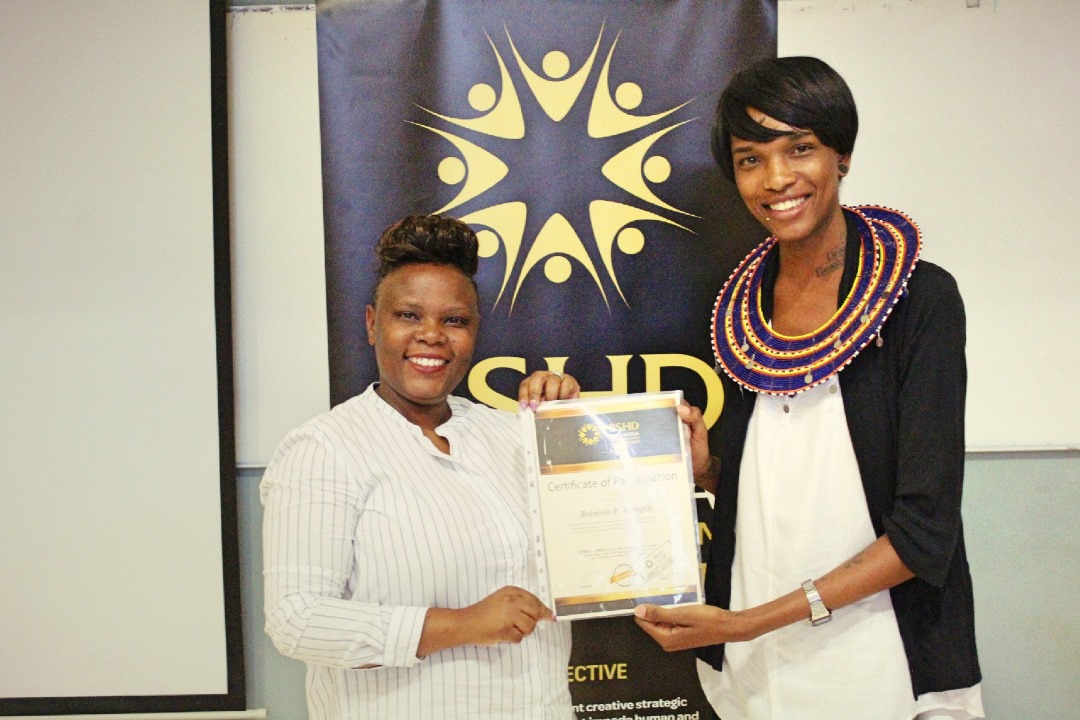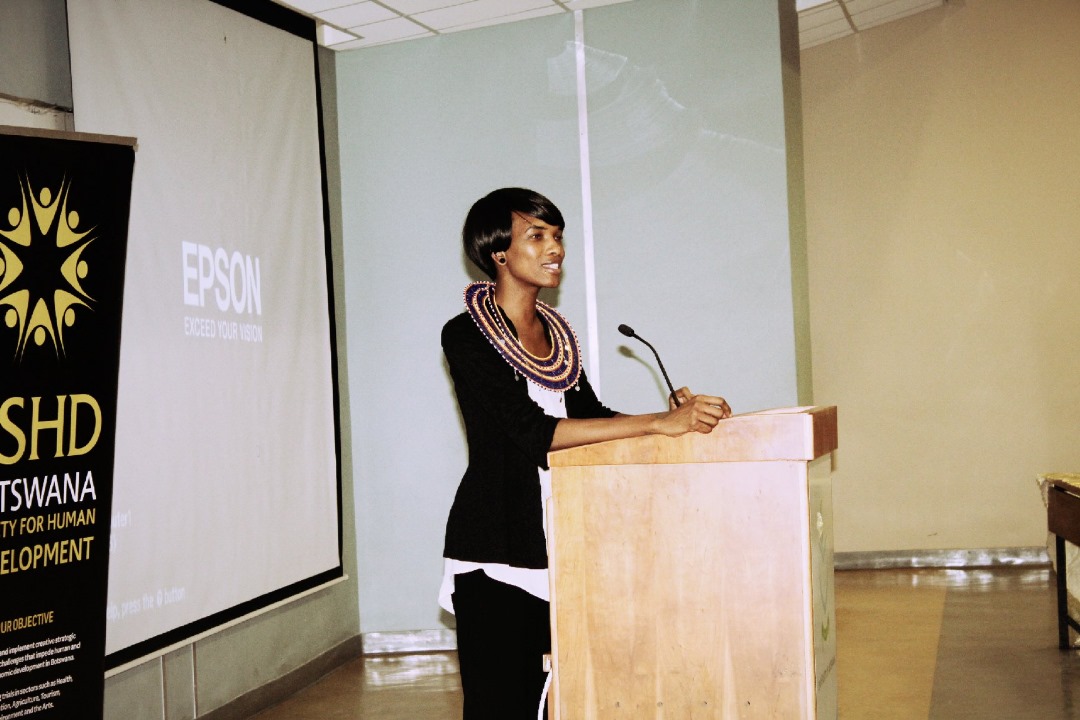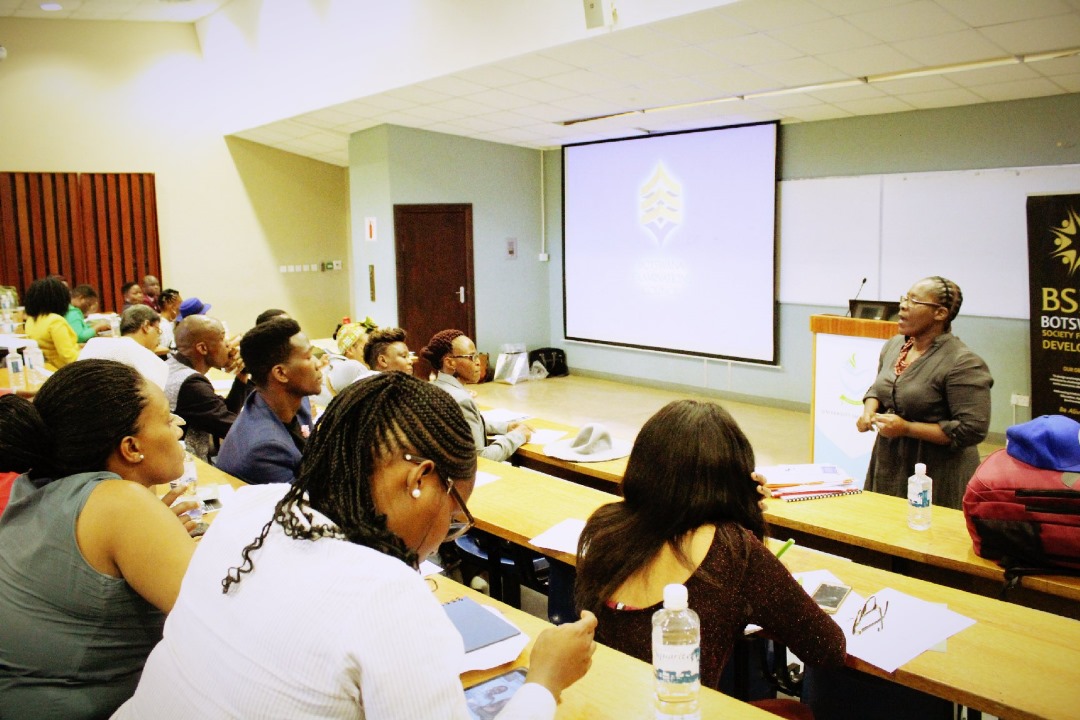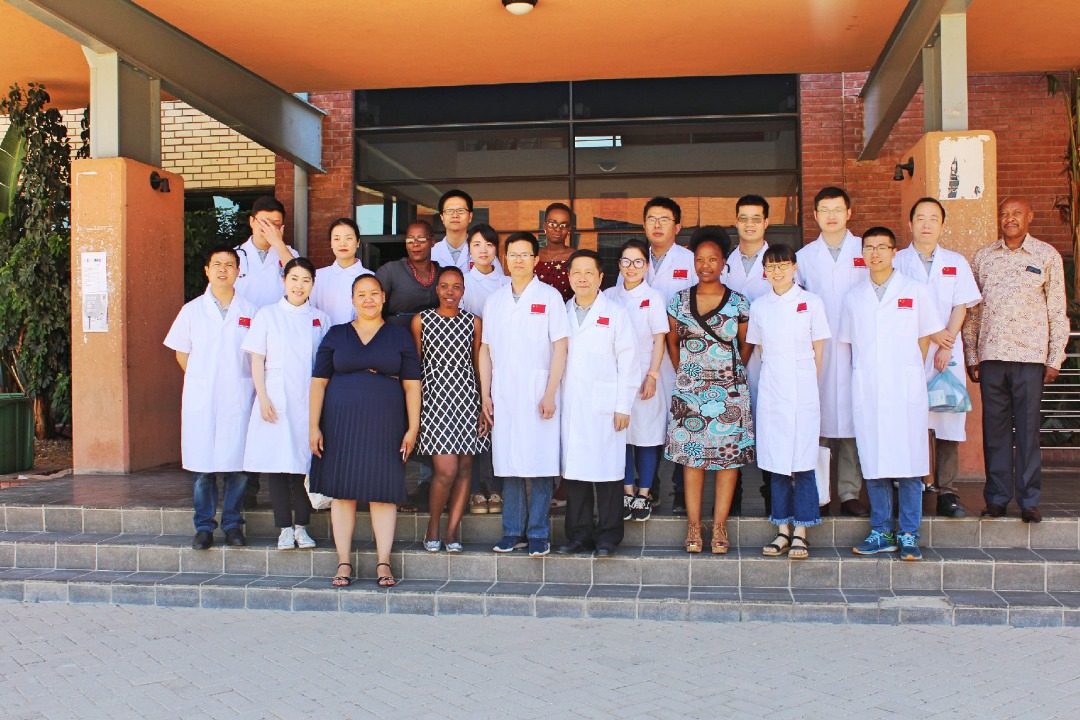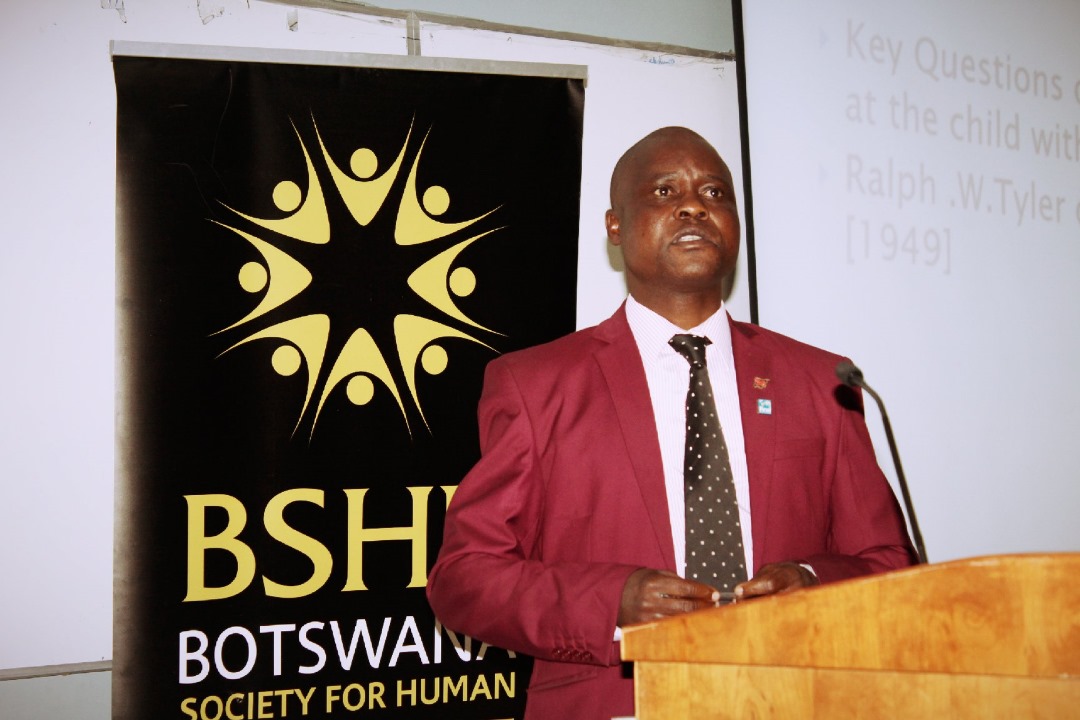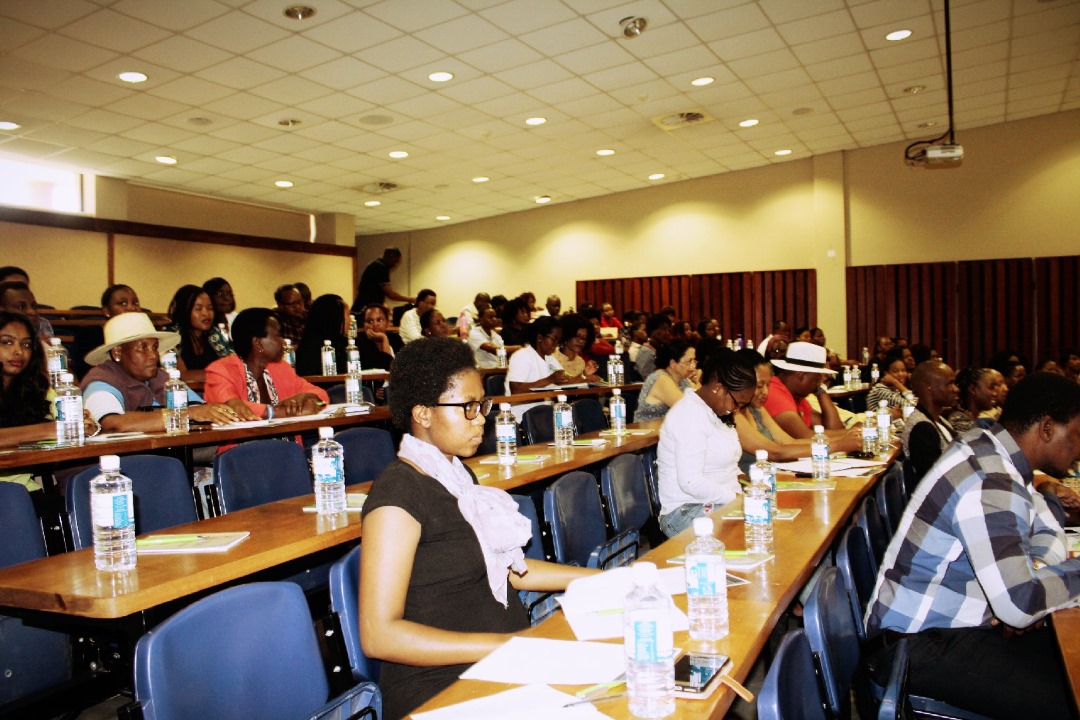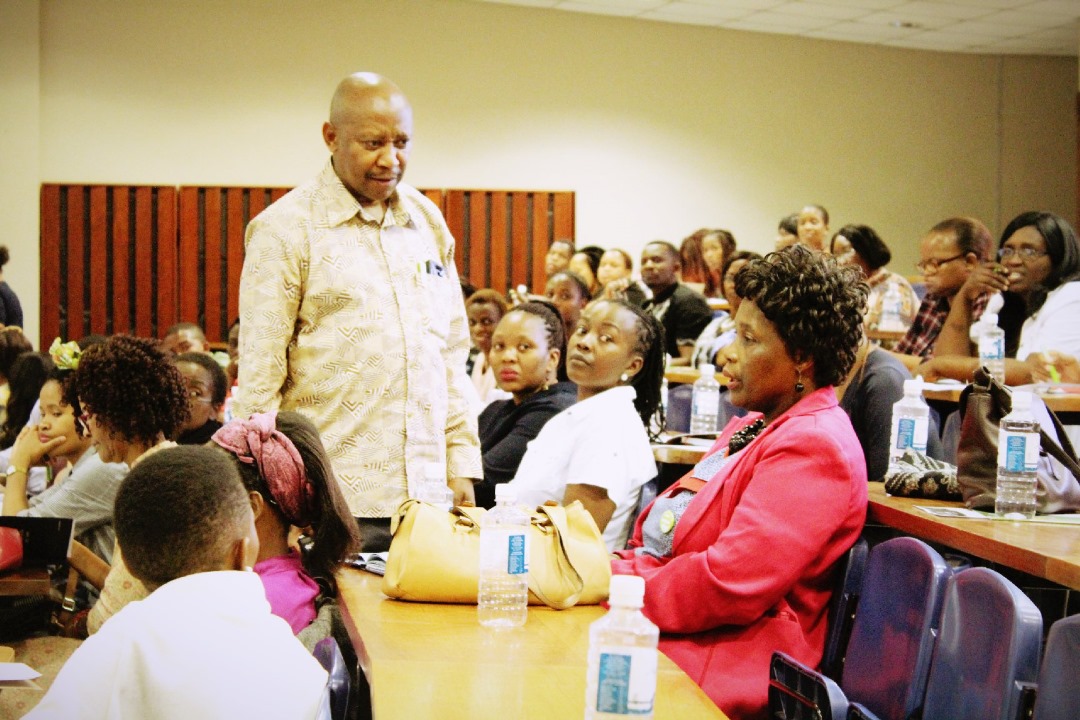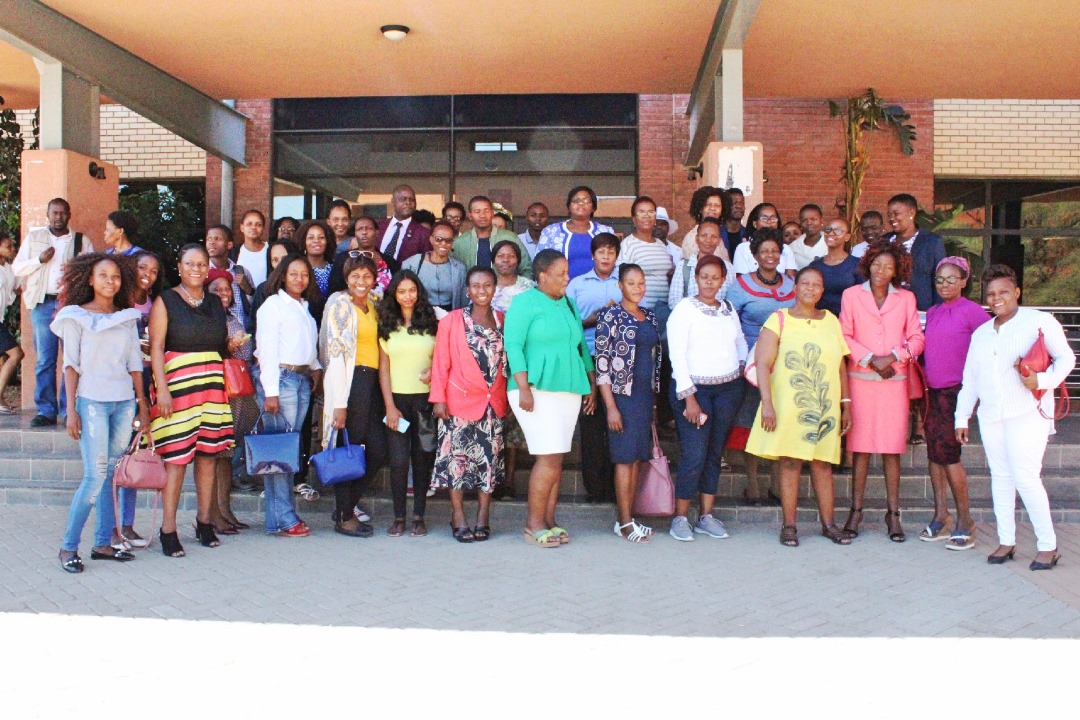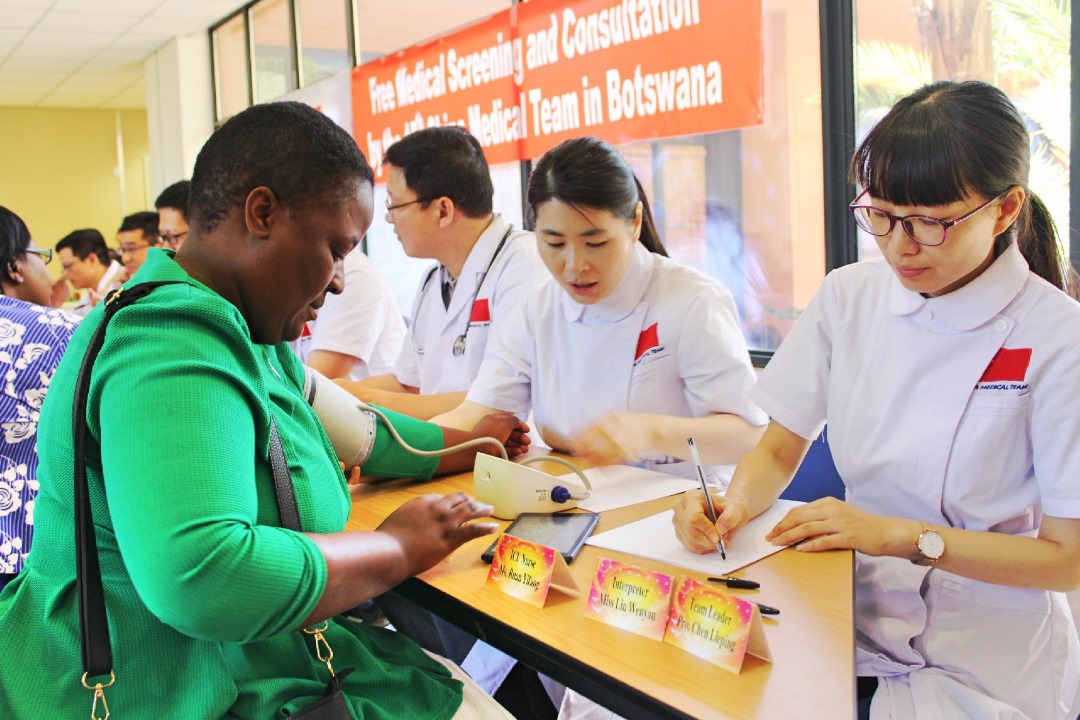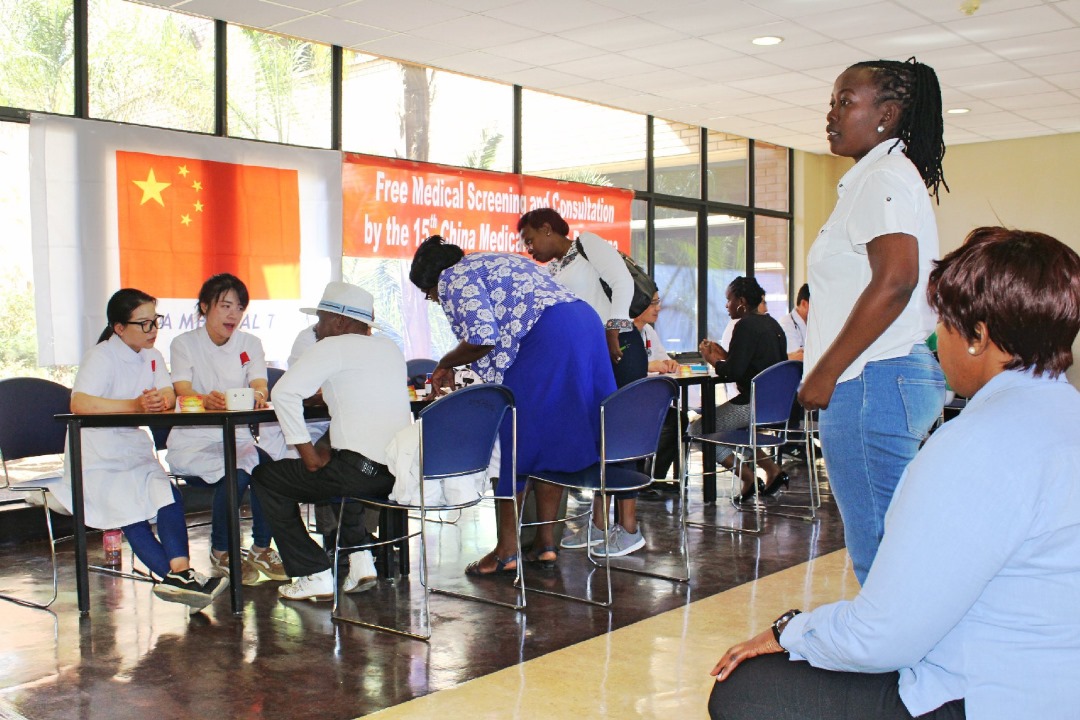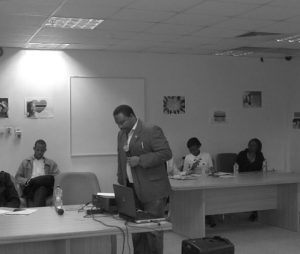The 2018 Disability Workshop centered around the theme of “Assessments,” aiming to define and examine the significance of assessments for learners at different academic levels in Botswana.
In Botswana’s education system, students undergo standardized testing at standard 7 and form 3, which determines their progression to the next level. However, this system, primarily relying on pen-and-paper assessments, has led to significant challenges, with a decline in results across all education levels. For instance, in 2017, only 17 percent of candidates managed to achieve grade A in the Primary School Leaving Examination (PSLE), while the rest received lower grades or were ungraded.
This decline in performance has resulted in overcrowded classrooms in junior secondary schools, with teachers struggling to cater to the needs of all students. Moreover, the pass rates in senior secondary schools remain alarmingly low, raising concerns about the effectiveness of assessment strategies and education policies.
The workshop aimed to address these challenges by exploring various assessment tools and methods, including formative, summative, and observational assessments. It also discussed the importance of differentiation in catering to students with diverse learning needs and proposed alternatives to the traditional pen-and-paper assessments for students with learning difficulties.
Key objectives included:
- Exploring the concept of assessment
- Highlighting different assessment types
- Examining the relationship between assessment and differentiation
- Investigating alternatives to pen-and-paper assessments
- Discussing the need for curriculum modifications
- Sharing strategies for assessing large student populations inclusively
- Considering policy changes to address failing students
- Recognizing the role of the Botswana Examination Council in improving results
- Promoting inclusive education in government schools.
Workshop Facilitators:
- Katlego K Kolanyane-Kesupile, Master of Ceremony
- Tshepiso Van Zyl, BSHD Vice Chairperson: Welcome Remarks
- Dr Sefotho, M.M, University of Pretoria: Disability Policies Landscape in Sub Sahara Africa
- Omphile Sharon Molefhi, Poetry
- Kesaolopa Motswagole, Westwood International School: Assessment Procedures: Modern Versus Traditional
- Mr Donald Munyeza, Teacher, Hill Crest International School: The Influence of Assessment Procedures on the Syllabus & Teaching Method
- Lapologang Kgomela, Nare Sereto: Inclusive Education in Government Schools
- PANEL DISCUSSION – Curriculum Modifications to Accommodate Students with Special Needs:
- Mauco Leshwane, The Blossoming Child Center (TBCC)
- Judith Chari, Westwood International School
- Depapa Mulimbi, Westwood International School
- Kearoma Mosatla: Short Story Reading
- Annah Lewanika, Botswana Examination Council: Access arrangements & special consideration for learners with special needs
- Dr Sefotho, M.M, University of Pretoria: Disrupting assessment methods for students with learning difficulties – highlighting inclusive alternatives
- Bonolo Boitshwarelo, Head of Department, Law and Paralegal Studies, Ba Isago University: Policy & Legislation for Impactful Assessment in Botswana
- Sharon Tshipa, BSHD Chairperson: Vote of Thanks
- Tshepiso Vanzyl & Pearl Mokgatlane: Awarding of Certificates & Closing Prayer
